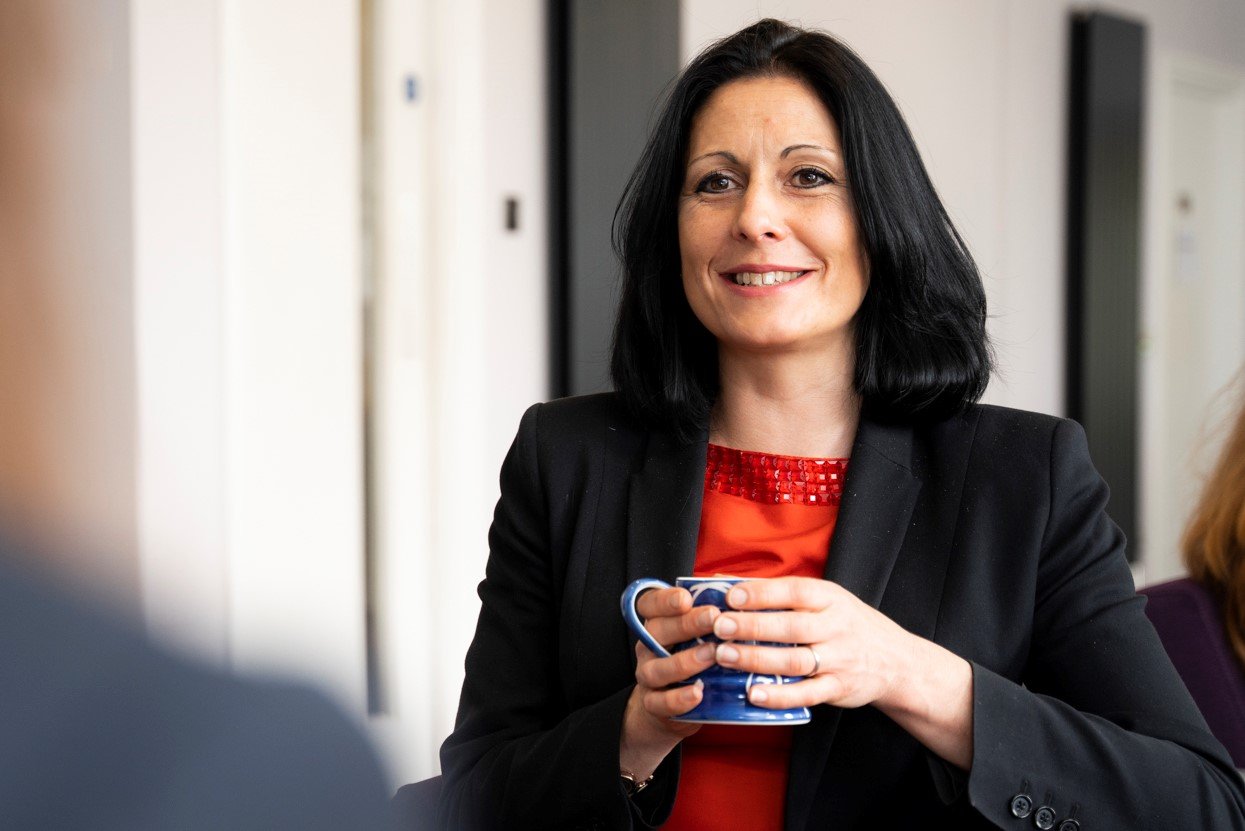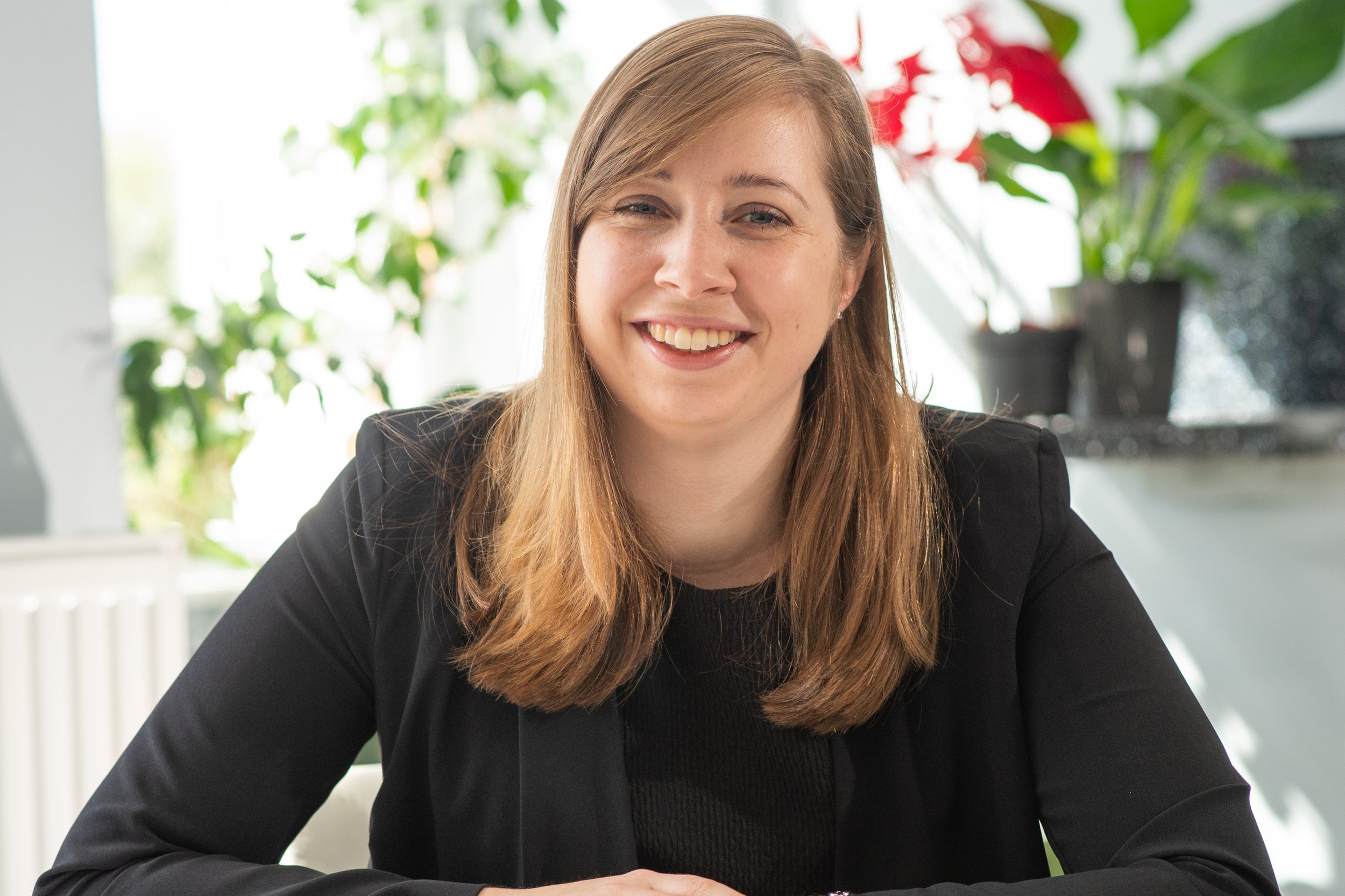The best way to divorce?
Written by Eleanor Barber | Divorce | Family Law | 1st February 2022
Whilst it may not be possible to have a ‘good’ divorce, it is certainly possible to have a bad one. Fortunately, there are steps that both parties can take to make the divorce and separation process as painless and as amicable as possible.
No fault divorce
The much anticipated ‘no fault divorce’ process is due to replace the existing fault-based divorce procedure from April 2022, reflecting the intentions of Parliament and the family justice system to remove the blame from the legal process of ending a marriage, to allow the parties to focus on calmly and where possible, amicably, resolving the difficult issues that run alongside a marriage breakdown, including issues relating to arrangements for children and division of financial resources.
This is a very positive, and overdue, development which will see parties focus on finding solutions, rather than focusing from the outset on blame. Blame will have little or no relevance to divorce going forward.
For separating parties who have a genuine desire to reach an agreement that is fair to them both, working with a Collaborative Lawyer offers the opportunity to achieve the best possible divorce through a process that uses open discussion and negotiation at a series of round table meetings to reach an agreement, without a courtroom in sight.
Collaborative lawyers
Collaborative Lawyers are specially trained to work with other Collaborative Lawyers to assist their respective clients to reach their own agreements, with a commitment to resolving matters without contested court proceedings. This process works hand in hand with the imminent divorce reforms. This is known as Collaborative Law.
The goal of the Collaborative process is for the couple themselves to make the decisions about their family circumstances going forward, with the support, guidance, and advice of their own Collaborative Lawyer. The subjects that can be resolved through this process include financial issues, housing issues, and matters relating to children.
One of the many benefits of the Collaborative process is that it is entirely centered around YOUR family. So the issues that are important to you are the ones that will be discussed, allowing the process to be bespoke in terms of timescales and agenda. This means important issues can be discussed and agreed upon in a way that is not possible through the narrow Court remit. Once agreement is reached, an Order reflecting the agreement can be sent to Court for approval to achieve a Final Court Order without the need to ever attend a Court hearing.
Focus on fairness
Collaborative Lawyers receive specialist training, to ensure that they can assist and support their client through a process that is both productive and positive.
It is expected and anticipated that the process is not always smooth, and strong emotions and disagreements are to be expected at times, after all, this is a process to deal with the ending of a marriage, and that is unlikely to be plain sailing, but the process aims to work through such issues in a way that both parties feel is fair and which gives the best possible foundation for a future working relationship, post-divorce.
Eleanor Barber, leader of the Family Law Team at Nash & Co, is a trained Collaborative Lawyer who would be happy to discuss with you the process and the suitability of it for your family.
Speak to a friendly Collaborative Lawyer
If you are going through a divorce or separation and want help with the issues, and would like to discuss the options, including Collaborative Law, please call 01752 664444 for an initial chat.




















